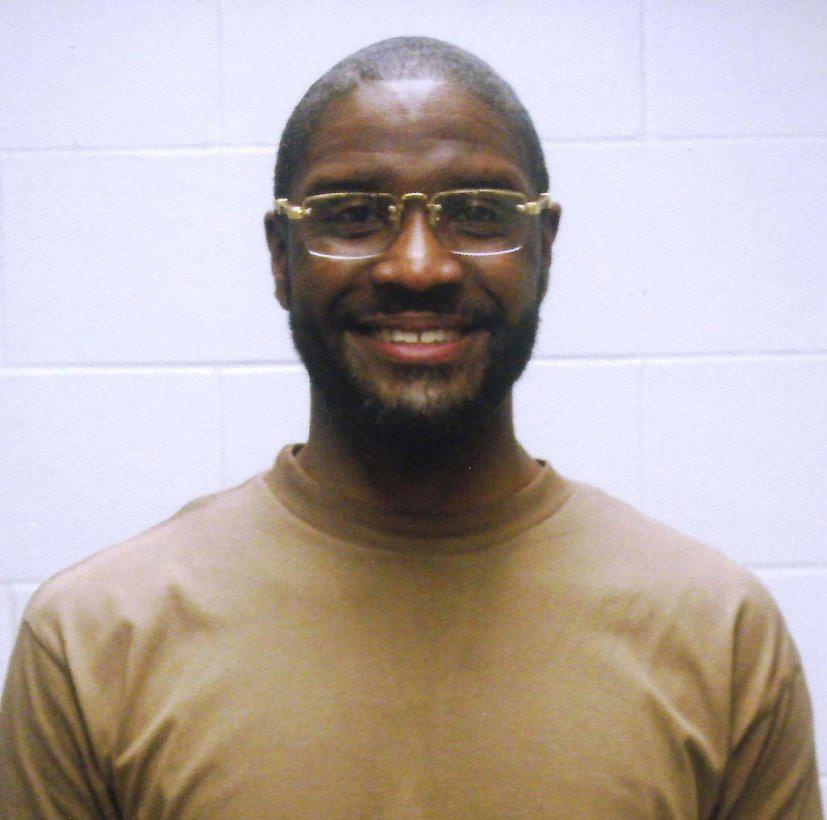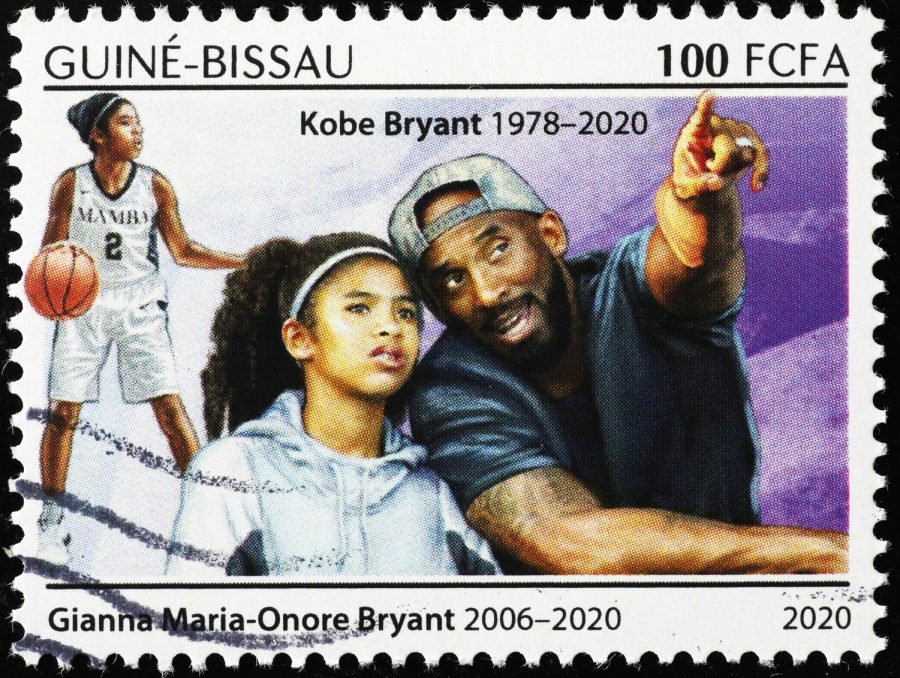The use of capital punishment in the United States, otherwise known as death penalty, is the state-sanctioned execution of a federal or state criminal offender. In recent years, the death penalty has become an increasingly controversial topic in the U.S., and many citizens have become more vocal following the death of federal inmate Brandon Bernard on Dec. 10, 2020.
According to BBC News, under the Trump Administration, a record high of 13 prisoners have been executed since July 2020. One of these prisoners was Bernard, who was sentenced to death after he was involved in a double homicide at the age of 18.
Ahead of his state-sanctioned execution, Bernard’s case was heavily circulated through social media, as well as through different news outlets, such as CNN and the New York Times. On top of that, many celebrities came forward to advocate for Bernard’s life, including Kim Kardashian and Alyssa Milano.
Kardashian stated in a Tweet addressed to President Trump, “Having gotten to know Brandon, I am heartbroken about this execution. I’m calling on @realDonaldTrump to grant Brandon a commutation and allow him to live out his life sentence in prison.”
President Trump did not grant Bernard a commutation and the execution proceeded as planned. Following the execution, social media exploded with outrage against the death penalty and brought to light numerous other cases of those still on death row awaiting execution, and speaking their mind on the reasons why the death penalty should be abolished.
According to the Death Penalty Information Center (DPIC), the death penalty is currently legal in 28 states, and most of the executions occur in Florida, Illinois and Texas. Citizens all across the country, and international human-rights organizations have begun to make the case against death penalty more widespread, leading to greater numbers of disapproval within the U.S, with the rates of approval of death penalty at a record low in 2020.
One point that has become of particular concern in recent years is the systemic racism pervading the U.S legal system. In cases of interracial murders, only 21 white defendants have been executed for the murder of Black victims, while 297 Black defendants have been executed for the murder of white victims, according to the DPIC, leading to an increased rate of inaccuracy and overall disparities between different races within the legal system.
In a study by the University of Washington, it was discovered that jurors in Washington state are three times more likely to sentence a Black defendant to death than a white defendant for cases that are nearly identical. Similarly, the Louisiana Law Review found that the odds of a death sentence in Louisiana were 97% higher for those whose victim was white in comparison with any other racial background.
Another considerable reason why many people oppose the death penalty is because of the rate at which innocent people are sentenced to death. According to Amnesty International, over 160 prisoners were exonerated or proven innocent since 1973; these cases often a result of the corrupt system where those of lower-socioeconomic status do not have ample access to legal consultation, racial bias is often taken into account, and having prior run ins with the law are all factored into the jury and judge’s decision.
Following this, many citizens oppose the death penalty on the grounds that some methods of execution are inhumane and distasteful. The method of electrocution is the second most used method, and has been scrutinized in recent years. According to the New York Times, several states, such as Nebraska and Georgia, underwent federal investigations of the ethics of using electrocution, and as cruel and unusual punishment, it was ruled unconstitutional.
For these reasons, American citizens have started to fight back and vocalize their opinions on the death penalty, and have begun pushing friends and family to confront whether or not they believe death penalty is ethical. It is past time that individuals begin thinking about the ramifications of ending someone else’s life, and whether or not people believe it is ethical, it is important to become aware of all sides of the story before making a fixed and finite decision.
Awareness is key to building a society of informed citizens, so be cognizant of the numerous cases that are being debated right now, starting with Lisa Montgomery and Dustin Higgs, both scheduled for execution within the next week. On almost all social media platforms, Montgomery and Higgs’s cases are being debated, as in Higgs’s case there is an abundance of evidence that points towards his innocence, and with Montgomery, she is living with a severe mental disability and brain damage, both of which should allow for a stay of execution.
Regardless of whether or not you support capital punishment, as U.S citizens, we have the unique opportunity to engage in the legal system, when we are called forth for jury duty, and it is our responsibility to judge others with a fair and impartial, yet critical eye. So if there is nothing else that can be taken away from this, hopefully you understand the importance of equality in the legal system and of thinking through decisions fully.















